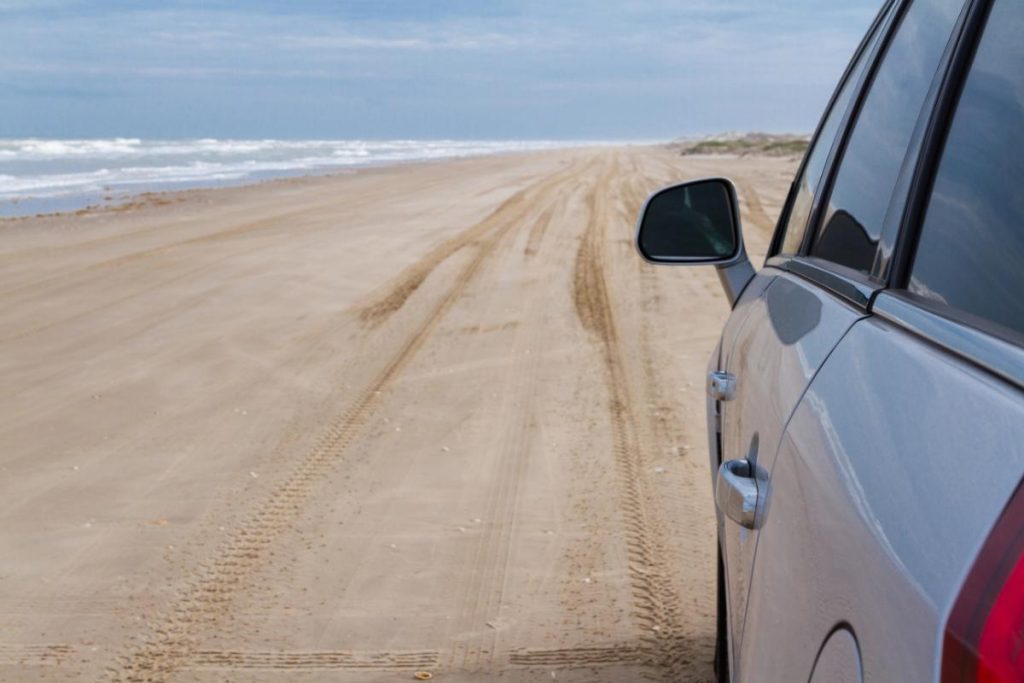Texas is known for its scorching summers, where temperatures can easily exceed 100 degrees Fahrenheit. Such extreme heat can take a toll on your vehicle, potentially leading to breakdowns and costly repairs. Preparing your car for the hot Texas weather is essential to ensure it runs smoothly and safely. Here’s a comprehensive guide on how to prepare your car for Texas’ extreme heat.

Extreme heat can exacerbate vehicle issues, and sometimes accidents occur due to another driver’s negligence in maintaining their vehicle. If you find yourself in an accident caused by someone else’s failure to properly maintain their car in extreme heat, you might need legal assistance. A car accident attorney in Dallas can help you understand your rights and guide you through the process of seeking compensation for damages and injuries.
Check Your Cooling System
Your car’s cooling system is its first line of defense against overheating. Here’s what you need to do:
- Inspect Coolant Levels: Ensure your coolant levels are adequate. Low coolant can lead to engine overheating.
- Coolant Quality: Check the coolant’s quality. If it’s dirty or hasn’t been replaced in a while, it’s time for a flush and refill.
- Radiator and Hoses: Inspect the radiator and hoses for any leaks, cracks, or damage. Replace any parts that look worn out.
Monitor Tire Pressure
High temperatures can cause tire pressure to increase, leading to a blowout. To avoid this:
- Check Tire Pressure Regularly: Use a tire gauge to check the pressure, especially before long trips. Refer to your owner’s manual for the recommended pressure.
- Inspect Tire Tread: Ensure your tires have enough tread. Bald tires are more susceptible to heat-related damage.
Test Your Battery
Extreme heat can reduce your battery’s lifespan. Here’s how to keep it in check:
- Battery Condition: Have your battery tested to ensure it’s holding a charge. Replace it if it’s weak.
- Clean Battery Terminals: Keep the battery terminals clean and free of corrosion to maintain a good connection.
Check Your Air Conditioning System
A functional air conditioning system is crucial for comfort and safety in the Texas heat:
- Inspect AC System: Check for any leaks or issues in the AC system. If it’s not cooling effectively, have it serviced by a professional.
- Cabin Air Filter: Replace the cabin air filter if it’s dirty to ensure optimal airflow and cooling.
Maintain Fluid Levels
Various fluids in your car play a critical role in its operation and can be affected by high temperatures:
- Oil: Check the oil level and condition. High heat can cause oil to break down faster, so regular oil changes are essential.
- Transmission Fluid: Ensure the transmission fluid is at the proper level and in good condition.
- Brake Fluid: Check the brake fluid and top it off if necessary. Ensure there are no leaks in the brake lines.
Protect Your Car’s Interior
The sun’s intense rays can damage your car’s interior:
- Sunshades: Use sunshades to protect the dashboard and seats from direct sunlight.
- Window Tinting: Consider tinting your windows to reduce heat buildup inside the car.
- Parking: Whenever possible, park in shaded areas or use a car cover to protect your vehicle from the sun.
Emergency Kit
Always be prepared for emergencies, especially in extreme heat:
- Emergency Supplies: Keep an emergency kit in your car, including water, non-perishable snacks, a first aid kit, and basic tools.
- Spare Tire and Jack: Ensure you have a spare tire, jack, and the necessary tools to change a tire.

Preparing your car for Texas’ extreme heat is crucial for maintaining its performance and ensuring your safety on the road. Regular maintenance and checks can prevent many heat-related issues, saving you from unexpected breakdowns and costly repairs. By following these tips, you can enjoy a smoother, safer driving experience even in the hottest Texas weather. Stay cool and drive safely!
